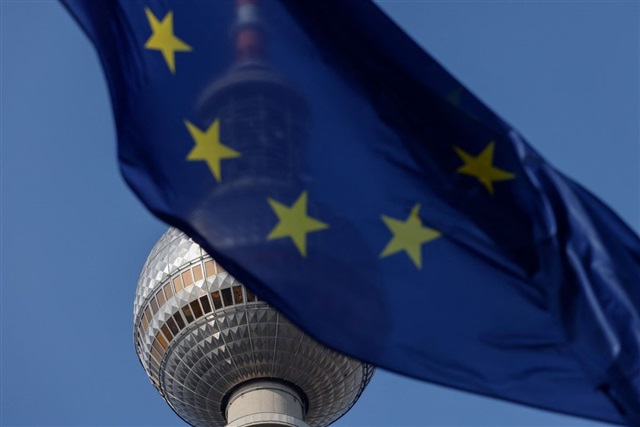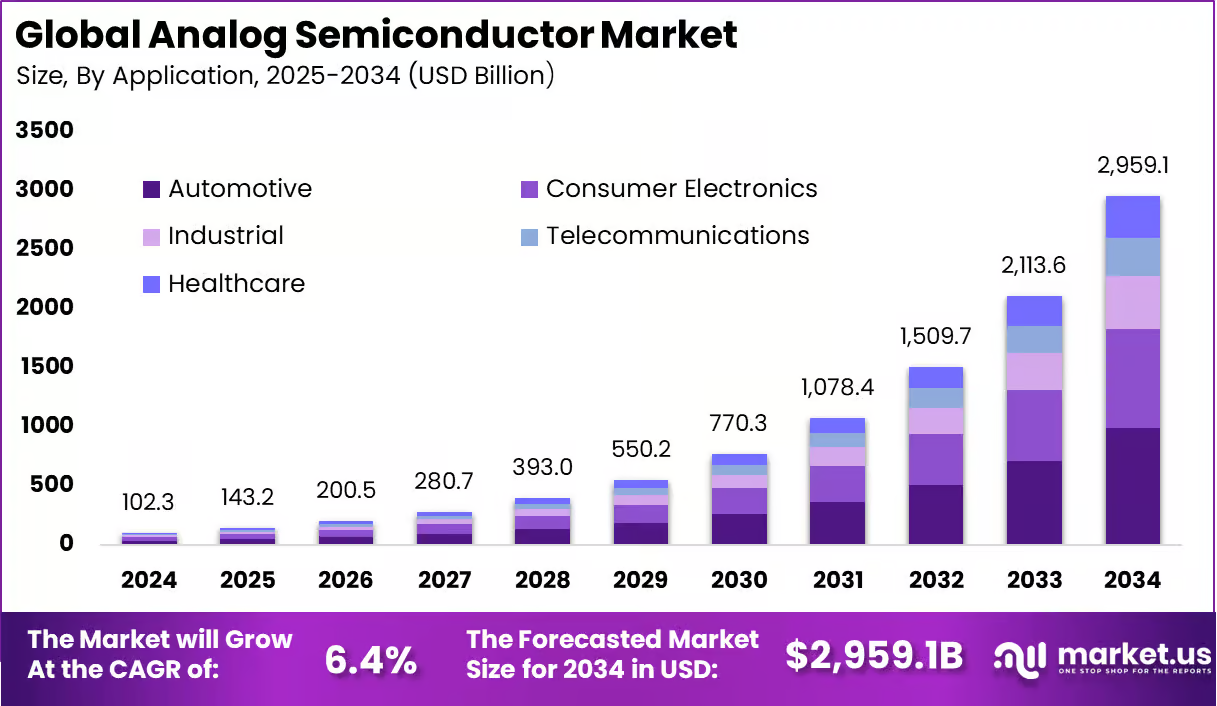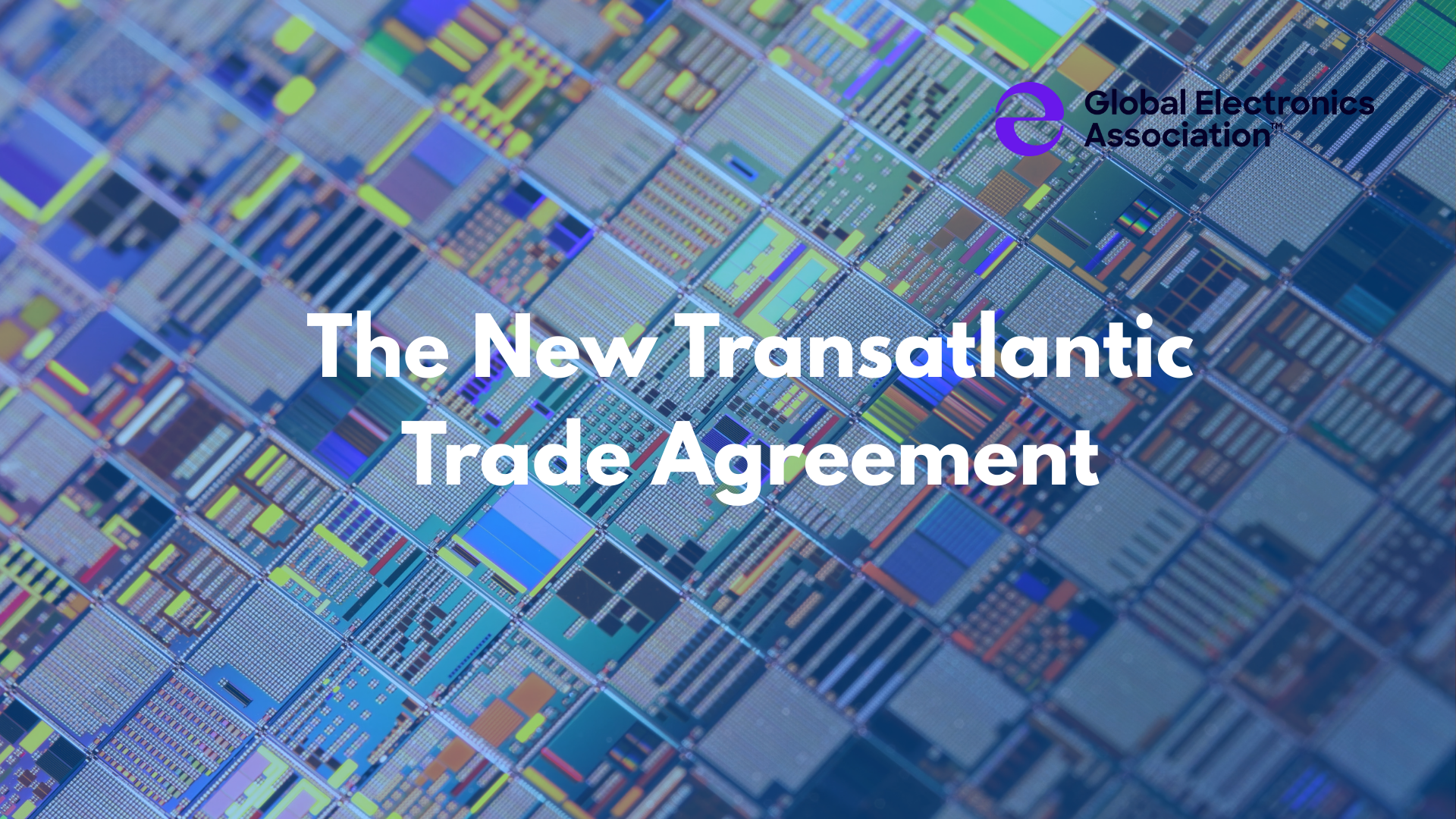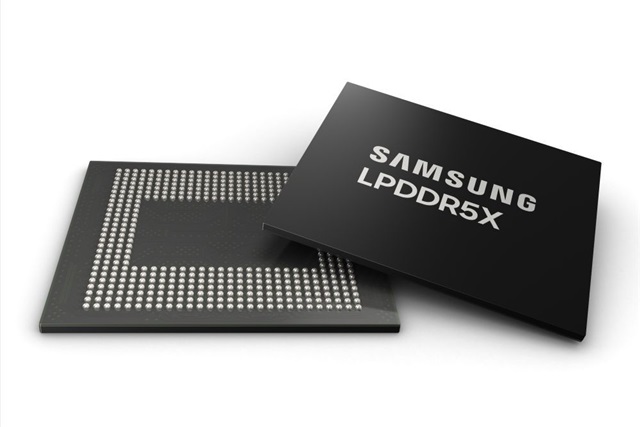
Europe's industrial control and automotive sectors remain sluggish, with weak demand and excess inventory likely delaying recovery until the second quarter of 2025, according to IDMs and IC distributors. Recovery remains uncertain, with global macroeconomic conditions and potential trade policies under Donald Trump adding further volatility.
Earnings reports from major IDMs, heavily reliant on industrial and automotive applications, highlight two key challenges: prolonged inventory corrections and slowing automotive demand, both weighing on revenue.
IC distributors echo IDMs' concerns, with Arrow Electronics, Avnet, WT Microelectronics, and WPG Holdings citing economic and geopolitical uncertainties as key demand constraints. The industry remains stuck in an inventory correction cycle with no clear rebound in sight.
Distributors report ongoing pressure in the industrial and automotive sectors, with excess inventory still weighing on supply chains. While the industrial sector showed minor improvement in late 2024, full recovery is unlikely before the latter half of 2025.
Industrial and automotive markets remain tied to global economic trends and policy shifts. While long-term growth prospects stay intact, short-term uncertainty persists.
The US and European economies face a sluggish 2025, pressured by inflation, interest rates, and supply chain disruptions. A higher-than-expected US CPI report on February 12 further dims hopes for a near-term Fed rate cut.
On February 11, European Central Bank (ECB) Executive Board member Isabel Schnabel stated that interest rate cuts could ease economic weakness but not resolve deeper structural issues. Speaking at the Institut für Arbeitsmarkt- und Berufsforschung in Nuremberg, she said, "Interest rate cuts can mitigate the economic weakness, but they can't solve the structural crisis," citing high energy prices and demographic-driven labor shortages, reports Econostream Media.
On February 10, Donald Trump announced a 25% tariff increase on imported steel and aluminum while threatening additional trade barriers against the EU. European Commission President Ursula von der Leyen swiftly responded, stating, "Tariffs are taxes—bad for business, worse for consumers. Unjustified tariffs on the EU will not go unanswered—they will trigger firm and proportionate countermeasures."
Industry experts warn that the US-EU tariff dispute could further strain the automotive sector. The EU is already battling fierce competition from Chinese electric vehicles (EVs), while Germany's carmakers face additional pressure from demographic shifts and softening demand.
Higher US import tariffs would directly hit European automakers' exports. Meanwhile, Europe's car industry remains in the electrification transition, with supply chain disruptions further slowing recovery.
Several factors could buffer the impact, including major IDMs' supply chain strategies, EU auto exports to the US, and German automakers' US manufacturing presence. Volkswagen, Mercedes-Benz, and BMW operate factories in the US, which may soften the initial shock of a trade dispute.
Despite short-term challenges, both upstream and downstream players—including IC distributors—remain optimistic about long-term growth. However, the timing of market recovery remains uncertain as inventory corrections persist.
Some industry watchers foresee a recovery beginning in the second quarter. However, prolonged economic weakness or further US tariff escalations could extend the market correction.
Stay up to date with the latest in industry offers by subscribing us. Our newsletter is your key to receiving expert tips.

The market size of analog semiconductors was recorded at USD 102.3 billion in 2024 and is projected to register consistent expansion, rising from USD 143.2 billion in 2025 to approximately USD 2,959.1

On 27 July 2025, European Union and United States of America reached a political agreement on tariffs and trade. The transatlantic partnership is a key artery of global commerce and is the most signif

Samsung Electronics will raise contract prices for DRAM and NAND flash in the fourth quarter of 2025, industry sources told Newdaily.co.kr. The move reflects shrinking output of legacy products and su